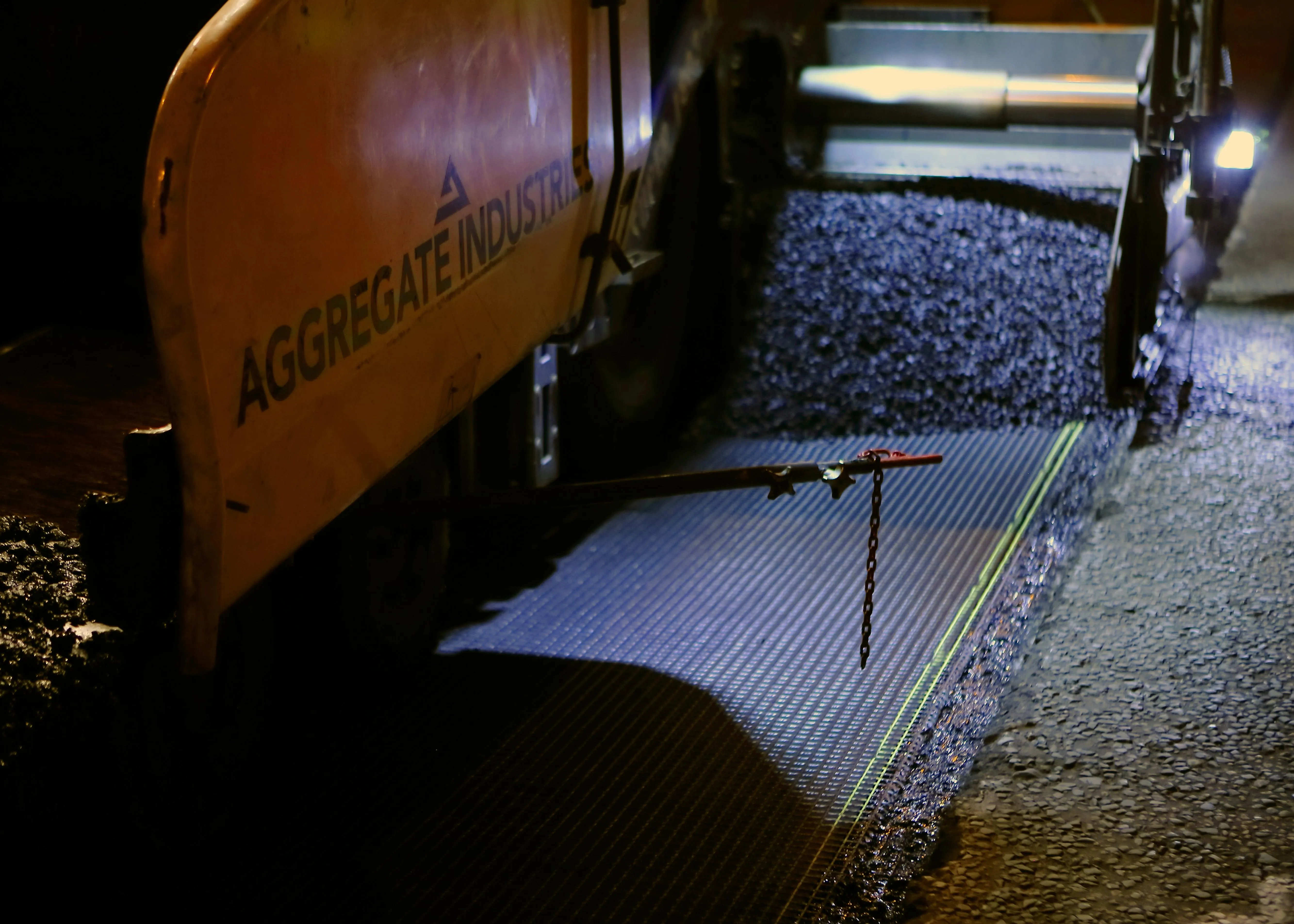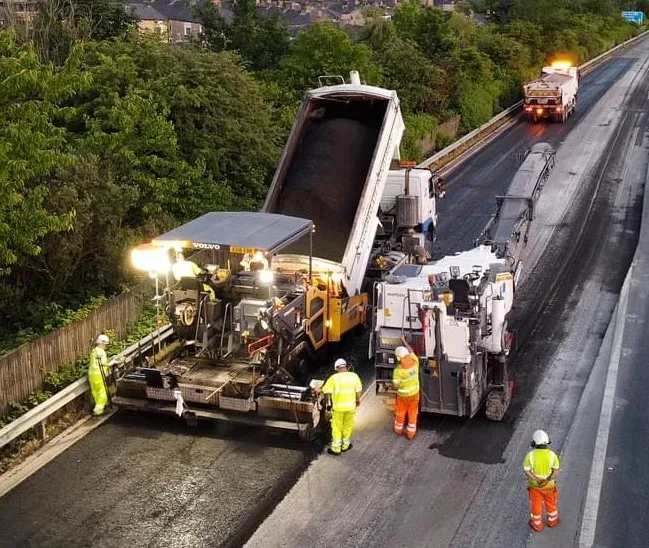
The firm developed this new surface course in a bid to match increasing traffic volumes on the UK’s road network. According to
The SuperFlex surface material removes the need for two separate treatments, a binder course and surface course, delivering pavement treatment in one, saving money and time.
Aggregate Industries trialled the new SuperFlex in March 2017, resurfacing the A3 Kingston Bypass, one of the busiest roads in South London, as part of the London Highways Alliance Contract (LoHAC). The trial saw SuperFlex help reduce the time needed to complete the project by 55%.
Martin Freeman, Area Manager for the South East Contracting at Aggregate Industries said, “By using the new 20mm Superflex instead of a traditional course pavement treatment, the team delivered an astounding 43% time-saving. This allowed the contracting team to surface an average of 600tonnes/night – with an unprecedented 700tonnes surfaced on 15th March.








